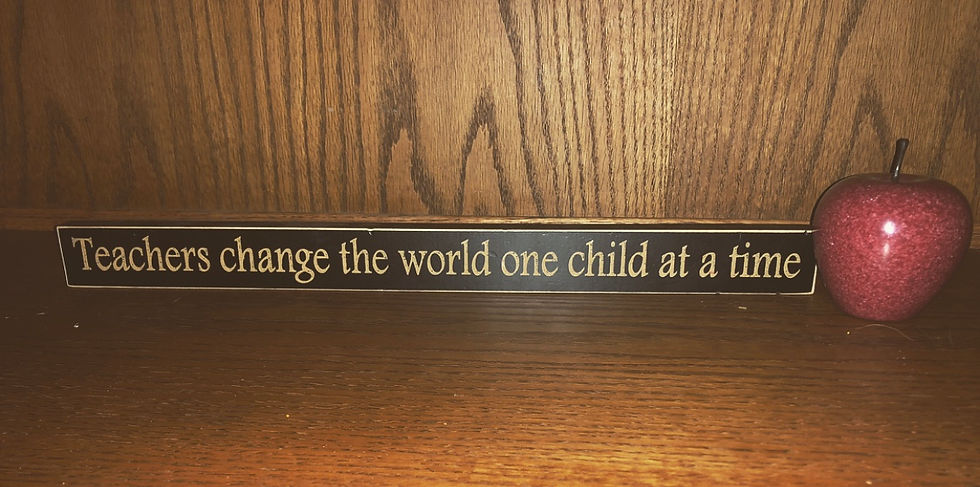How & When to Talk to Difficult Students.
- kyleedecillis
- Dec 2, 2018
- 3 min read
Updated: Dec 4, 2018

Teacher's believe that in order to gain control of difficult students it is best to talk to them all the time and redirect them constantly. You tend to see most teachers pulling the student aside to have pep talks and reminders. These teachers spend more them trying to persuade this one student to behave more than their entire class. There is a better way to talk to difficult students that will be more effective. Here are some
tips:
Make your conversations infrequent.
All of the years that this difficult student has been in school he/ she has been receiving these conversations a lot. Hearing it from you again is going to make it go through one ear and out the other. They have heard it all. To get them to see themselves as able to follow the rules just like the rest of their peers, you shouldn't touch base with them more than anyone else.
Be honest with them.
Most teachers will say anything to difficult students to get them to behave... even if it isn't the whole truth. Not being honest with them and trying to persuade them to behave will not coerce students into behaving. This method does not work. The most effective way to talk to difficult students is to give it to the straight.
Make it meaningful.
Your job is to inform and to deepen the students understanding of a lesson already learned: their behavior. This should be the only reason you talk to difficult students about their behavior. You should not ask them why they did something. Never force assurances or explanations from a student. Let their feelings be their lesson. Don't ruin it or weaken it with your over involvement.
Challenge them.
As a student misbehaves let your classroom management plan take over. However, if you feel that you have the perfect moment to add a word or two that can provide them with additional strength and meaning, do it.
Make it wordless.
When a difficult student does something well or has had a good day, sometimes it's best to say nothing at all. This will be a surprise to the student who's past teachers have praised him or her when doing good. By not making a big deal out of them doing what they are told and expected to do it sends a powerful message to the student.
Make it a gesture.
After a student has had several good days, or you have seen he or she has made real improvement, give a simple gesture of a smile, high-five or fist bump. This can make a real impact on the student. This will deepen the meaning of the lesson already learned. Unlike over the top celebrations, the student will get a feeling internally and privately.
No string attached.
Usually teachers only talk to difficult students when they want something such as, good behavior. This puts your relationship with the student in danger. To influence their behavior you have to build a mutual and trusting rapport. This comes with no string attached. You need to choose to like and enjoy your most difficult students so when you discuss their behavior your words have meaning.
6 Powerful things you can say to a difficult student.
1. "You're better than that."
2. "This is not who you are."
3. "That's not good enough."
4. "You can do this."
5. "Now that is how you do it!"
6. "I believe in you."



Comments